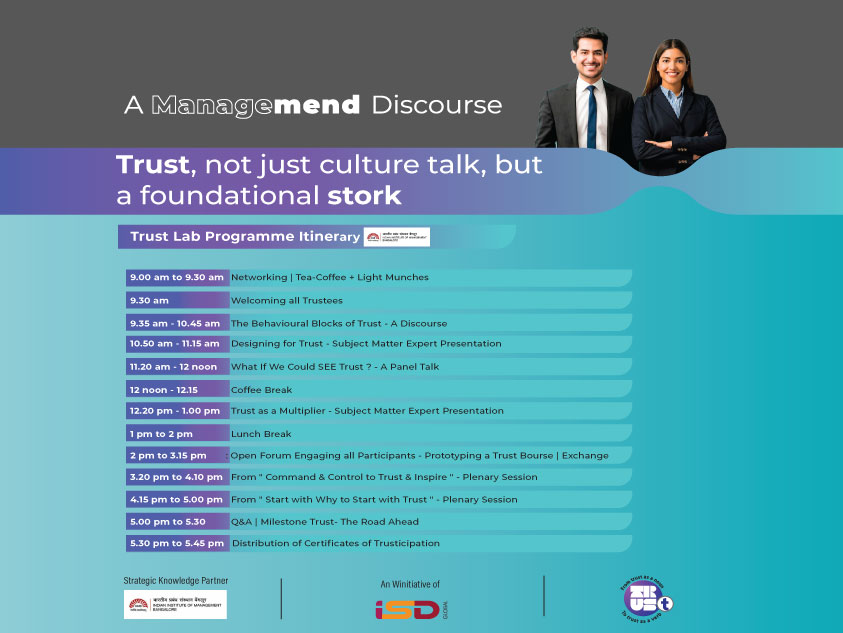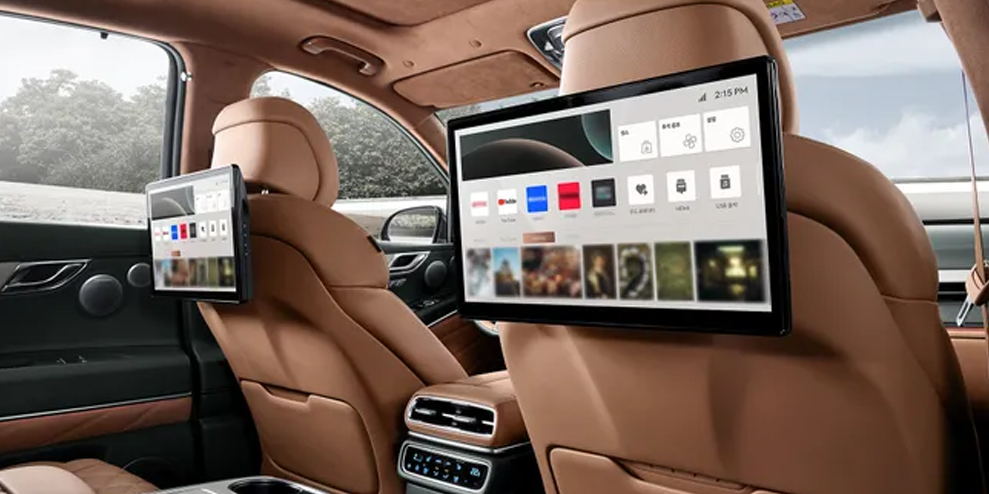IDEO’s origin story sometimes sounds like a myth or a fable, but it’s actually true. David Kelley founded the company with a simple goal: to create a workplace made up of his best friends. In the beginning he did, in fact, bring in some of his closest buddies to launch the Silicon Valley firm that would become IDEO. More than 30 years later, we’re a global design company that employs more than 650 people. Obviously, we didn’t get to that size by hiring only our friends. But David’s early intention still greatly informs the way we work. There are, in fact, four elements of our culture that came directly from his founding statement. We think they’re essential factors in keeping employees engaged — not just at our company, but at any company.
Permission to play. When people play together, they form stronger bonds and are more willing to take risks and imagine new possibilities with one another. Employees need to know that experimentation is not only allowed, it’s actively encouraged. At IDEO, we achieve this by creating maker spaces that offer people the right environment, materials, and tools to bring their ideas to life. We have Brainstorm Kits that include Post-Its and Sharpies in every meeting room, signaling to participants that they should feel free to express themselves in a variety of ways. Employees are also invited to create their own work environments. For example, in our New York office, where I’m based, we all came together to design our “phone booths,” or rooms for private calls, each themed after a famous New Yorker (Woody Allen, Robert De Niro). We have “tour stops” — areas to bring visitors to so they can get a sense of what our people create and care about. And we’re constantly trying to find ways to turn the mundane into the engaging. One ritual is to insert elaborate animated GIFs into office-wide emails, so that they have a narrative, build community, and encourage dialogue.
A common purpose, tailored. IDEO’s purpose statement — “Positive and disproportionate impact in the world through design” — is ambitious and intentionally broad. On its own, it might inspire the people working in our studios around the world, but it probably isn’t quite enough to help them connect the dots to their work. (How do I have positive and disproportionate impact? Where do I begin? Are my interests and passions the same as IDEO’s?) That’s why we also ask our locations to tailor IDEO’s purpose to their particular markets or studios. For example, in China, a localized purpose statement might be something like “Creating new value for the country by enabling enlightened leaders to tackle systemic challenges,” while in London it might be “Enabling organizations to deliver on and exceed their promises to people.” And in a larger office, like San Francisco, each part of the business might create its own purpose statement, such as the Food and Beverage studio’s “Bridging the worlds of culinary and science to solve the world’s food problems.” This helps employees figure out which work best aligns with their skills and where they’re going to be most engaged and successful in the organization.
A social contract. You might have heard about the Little Book of IDEO. In it, we talk about seven common values that bind us together: be optimistic, collaborate, learn from failure, embrace ambiguity, talk less and do more, take ownership, and lastly, make others successful. These values are, in fact, the behaviors that drive our social contract. They allow teams to govern themselves without needing lots of oversight and management, and they help people understand what success looks like. We’ve found that they are also a great aid in development. The employees we hire rarely struggle with the skills of their jobs, but sometimes they do need support in adhering to these values.
Bottom-up innovation. Top-down directives don’t work terribly well at IDEO. We’ve learned that the best new ideas and capabilities are often incubated from the bottom up through someone’s personal energy and commitment. For example, one of our fastest-growing businesses focuses on education. Sandy Speicher, the managing director at IDEO who leads that work, grew a team of 23 people with projects across the world because she believed that her passion — education — was something that IDEO should also care about. When leaders want to initiate a project, we always explain the underlying need and give a clear sense of the desired outcome so that people get aligned around a common goal. The best strategies are ones that people can make their own.
In a world where great talent is hard to find and harder to retain, companies succeed by keeping their employees engaged, happy, and fulfilled. There is no silver bullet. But these four principles have helped IDEO go a long way in achieving that goal.



